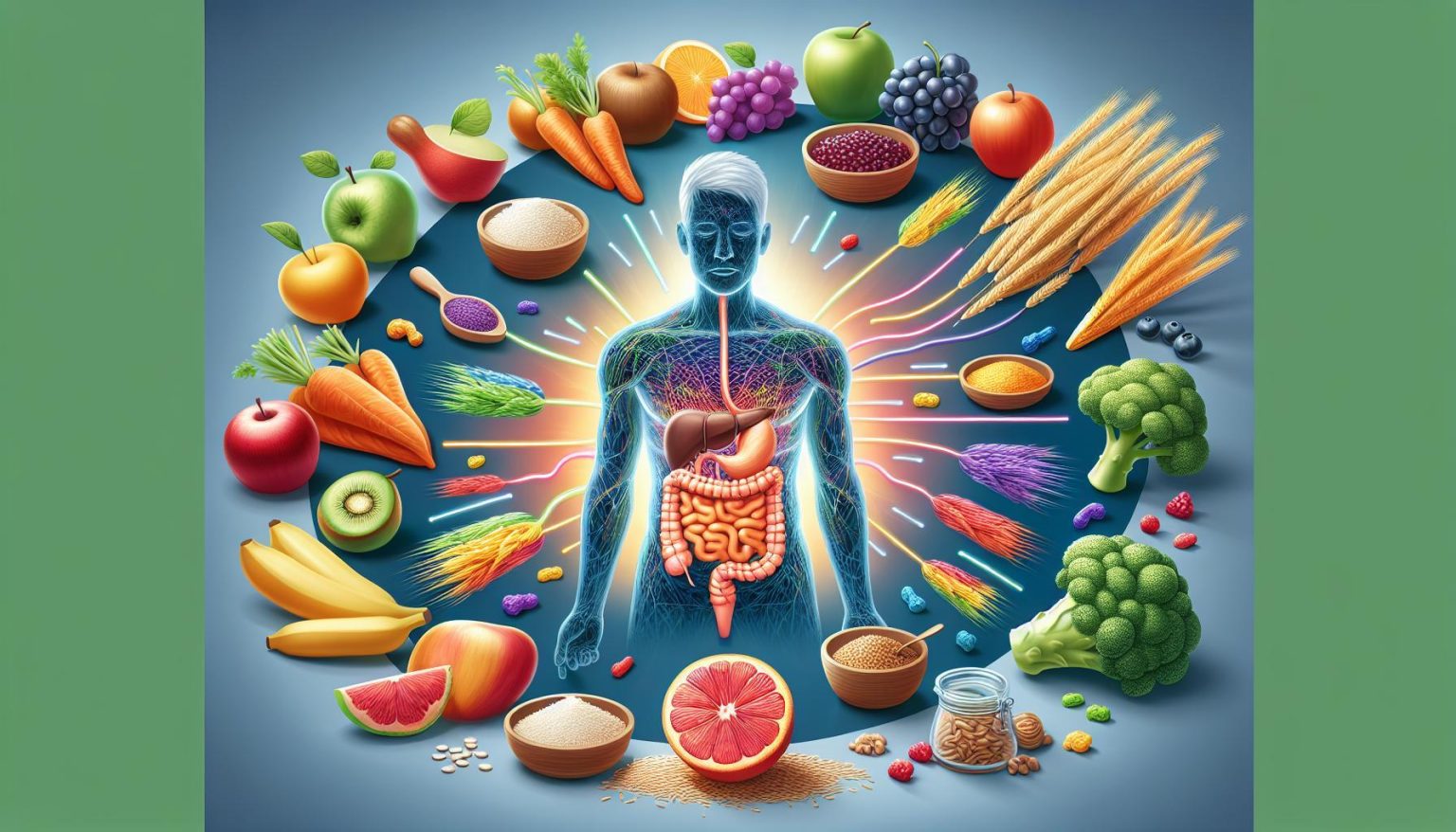Navigating the realm of digestive health can often feel like trekking through a maze, with multiple turns and long winding pathways. However, the proper navigational beacon can be found in our kitchen cupboards and refrigerator shelves. Welcome to “Nutritional Approaches to Digestive Health”, a comprehensive guide on how the food we consume can impact our gut health and overall wellness.
Within this post lies the alchemy of Probiotics and their outstanding capacity to influence digestive health. You’ll embark on a journey to explore the uplifting benefits that Nutritional Approaches to Digestive Health. And you might be surprised, if not a bit unsettled, to discover the magnitude of the impact that Processed Foods bear on our Gut Health. This informative write-up provides keys to transform and enhance your digestive health through mindful nutrition choices.
The Power of Probiotics
One of nature’s phenomenal secrets to achieving vibrant digestive health lies encapsulated within probiotics. Despite their microscopic size, probiotics, the beneficial bacteria living in our gut, hold immense potential to influence our health.
Unlocking the Probiotic Potential.
Delving into the depths of probiotics, we find these minute life forms commanding great operations within our digestive systems. By crowding out harmful bacteria and promoting nutrient absorption, regular intake of probiotics boost our body’s defensive line and nurture digestive well-being.
Fiber: The Indispensable Frontrunner
Next in line among nutritional approaches to digestive health is fiber, a nutrient with surprising versatility and potent health benefits for our digestive system.
Unraveling Fiber’s Health Boons
Fiber’s functional versatility derives from its dual forms: soluble and insolensible. By adding bulk to the digestive waste and aiding smooth bowel movements, fiber plays a critical role in maintaining digestive harmony.
Decoding the Processed Foods Paradigm
A decisive factor in determining gut health is unquestionably processed foods. Though often appealing for their convenience, these foods harbor potential health hazards.
Processed Foods- A Cloak of Harm
Frequent consumption of processed foods, rich in additives and low in fiber, may lead to inflammation and dysbiosis, a condition characterized by imbalanced gut bacteria, thereby undermining our digestive health.
Hydration for Gut Health
While often overlooked, optimal hydration is a vital contributor to gut health.
The Hydration-Gut Health Link
Staying well-hydrated aids digestion by ensuring smooth functioning of digestive organs and facilitating the proper absorption and transportation of nutrients.
Balancing Act: Portion Sizes and Meal Frequency
Healthy portion sizes and regular meal frequency are often underestimated allies of optimal digestion.
Harnessing Portion Sizes and Meal Frequency for Gut health
Choosing correct portion sizes and embracing regular meals prevents overloading the digestive system, ensuring its efficient functioning.
The Role of Physical Activity
Lastly, regular physical activity complements the “Nutritional Approaches to Digestive Health” effectively.
Exercise: A Digestive Booster
Exercise aids digestion by improving blood flow to digestive organs and aiding bowel movements.
Conclusion
Embracing “Nutritional Approaches to Digestive Health” can transform your relationship with food and unlock a path to better well-being. Incorporate beneficial probiotics, boost your fiber intake, be mindful of processed foods, stay hydrated, watch your portion sizes, maintain regular meals, and engage in regular physical activity. These considerations can shape a nurturing environment for your gut, enabling it to function optimally.
Frequently Asked Questions
1. What are some good sources of probiotics?
Fermented foods like yogurt, kefir, sauerkraut, and kimchi are rich in probiotics.
2. How can I increase my fiber intake?
Incorporate more fruits, vegetables, whole grains, and legumes in your meals.
3. Why should I avoid processed foods for better digestion?
Processed foods often contain additives and lack fiber, both of which can disrupt gut health.
4. How much water should I drink for optimal digestion?
Aim for at least 2 liters daily, though individual requirements may vary.
5. How does physical activity improve digestion?
Regular exercise enhances blood flow to digestive organs and aids bowel movements.










